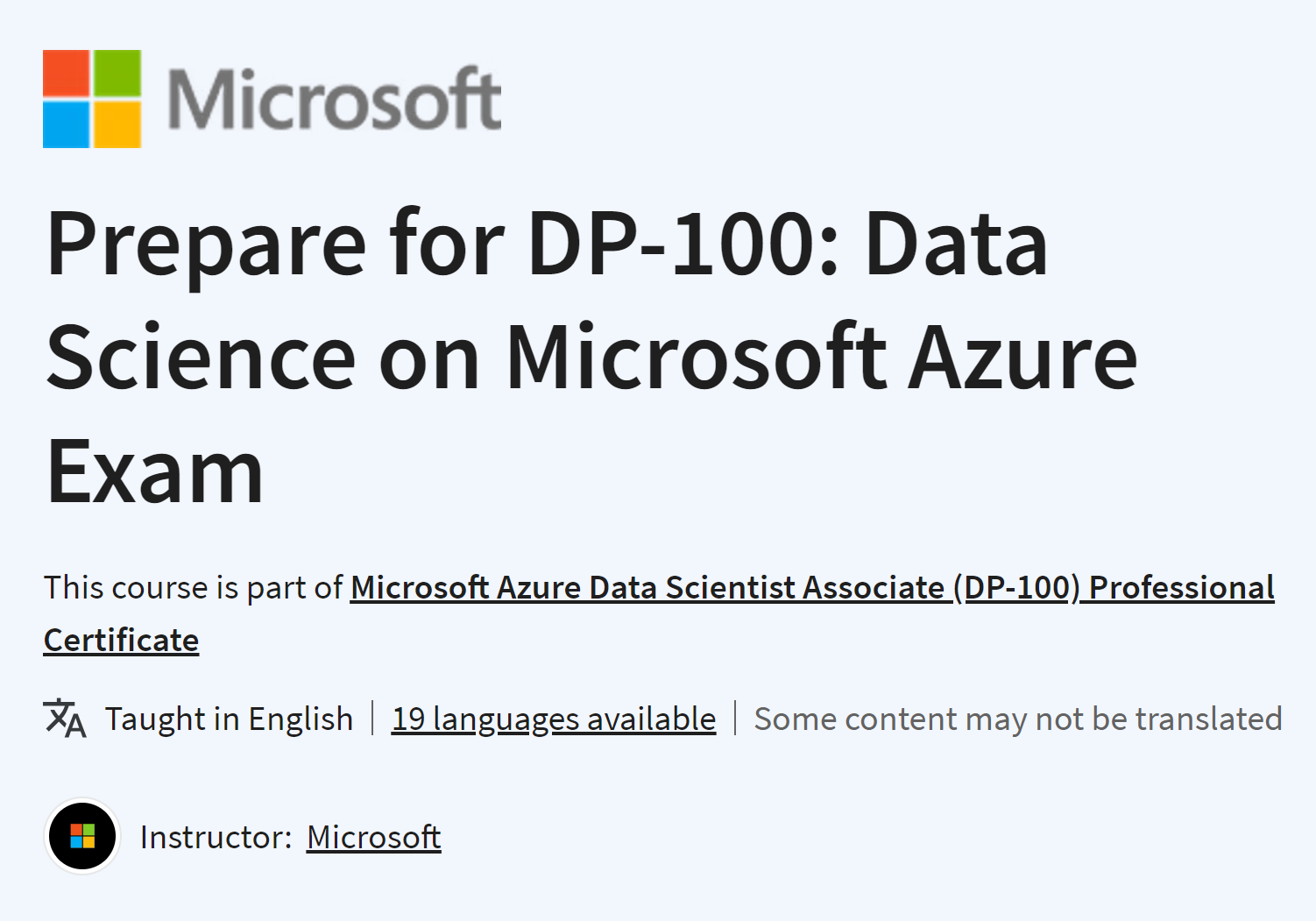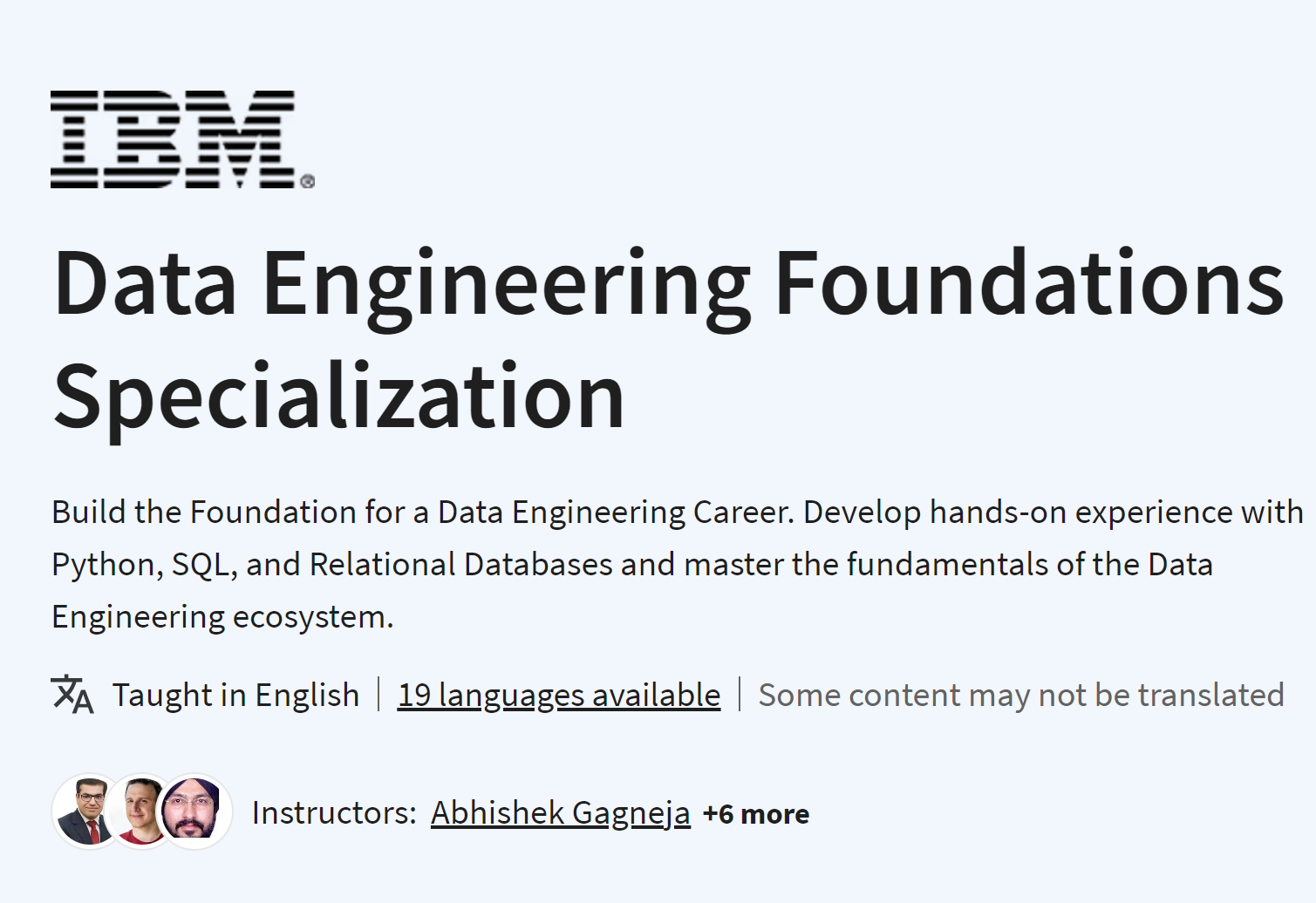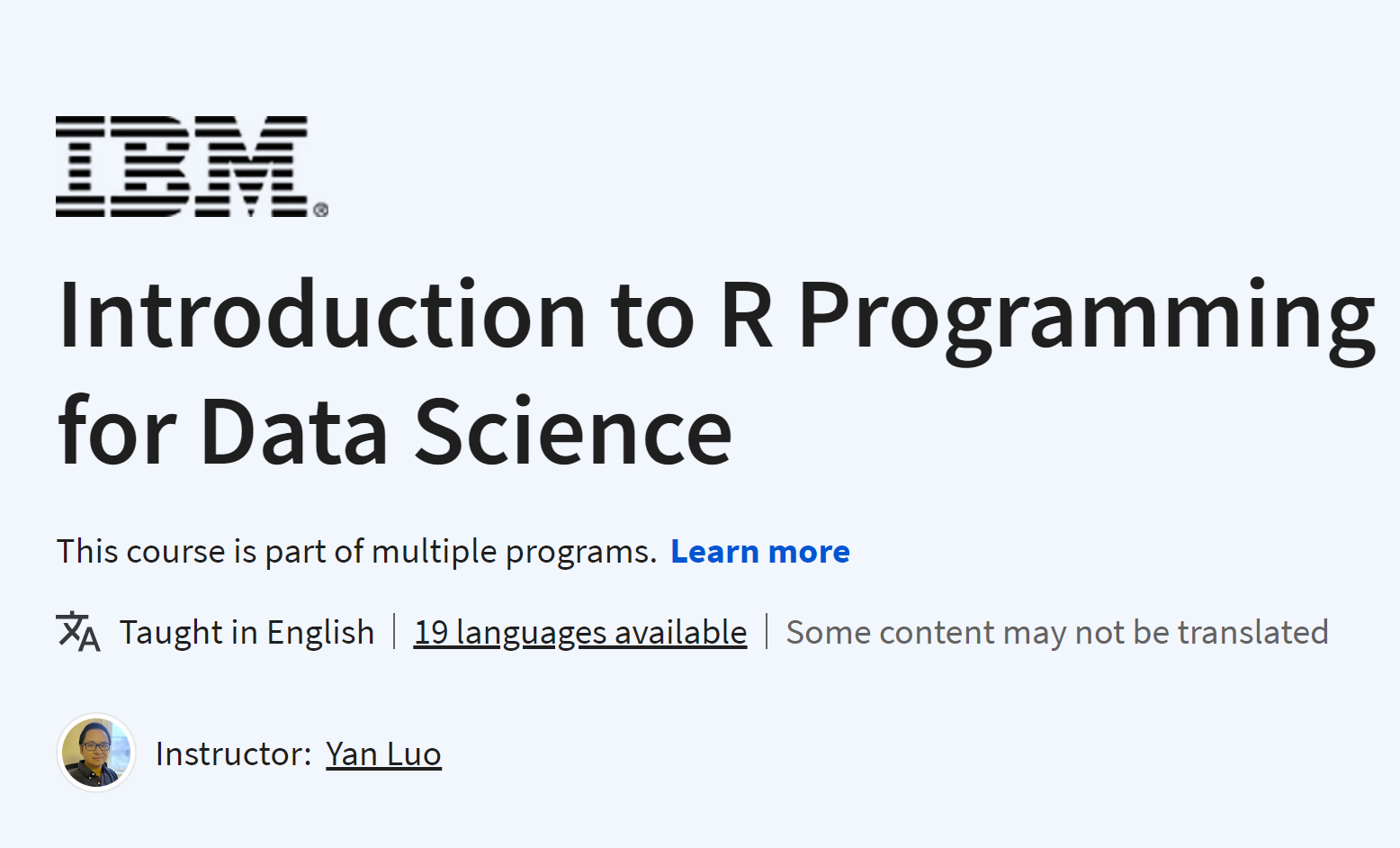What you'll learn
Master the most up-to-date practical skills and knowledge that data scientists use in their daily roles
Learn the tools, languages, and libraries used by professional data scientists, including Python and SQL
Import and clean data sets, analyze and visualize data, and build machine learning models and pipelines
Apply your new skills to real-world projects and build a portfolio of data projects that showcase your proficiency to employers



%20Professional%20Certificate.PNG)
















.png)


















.png)























